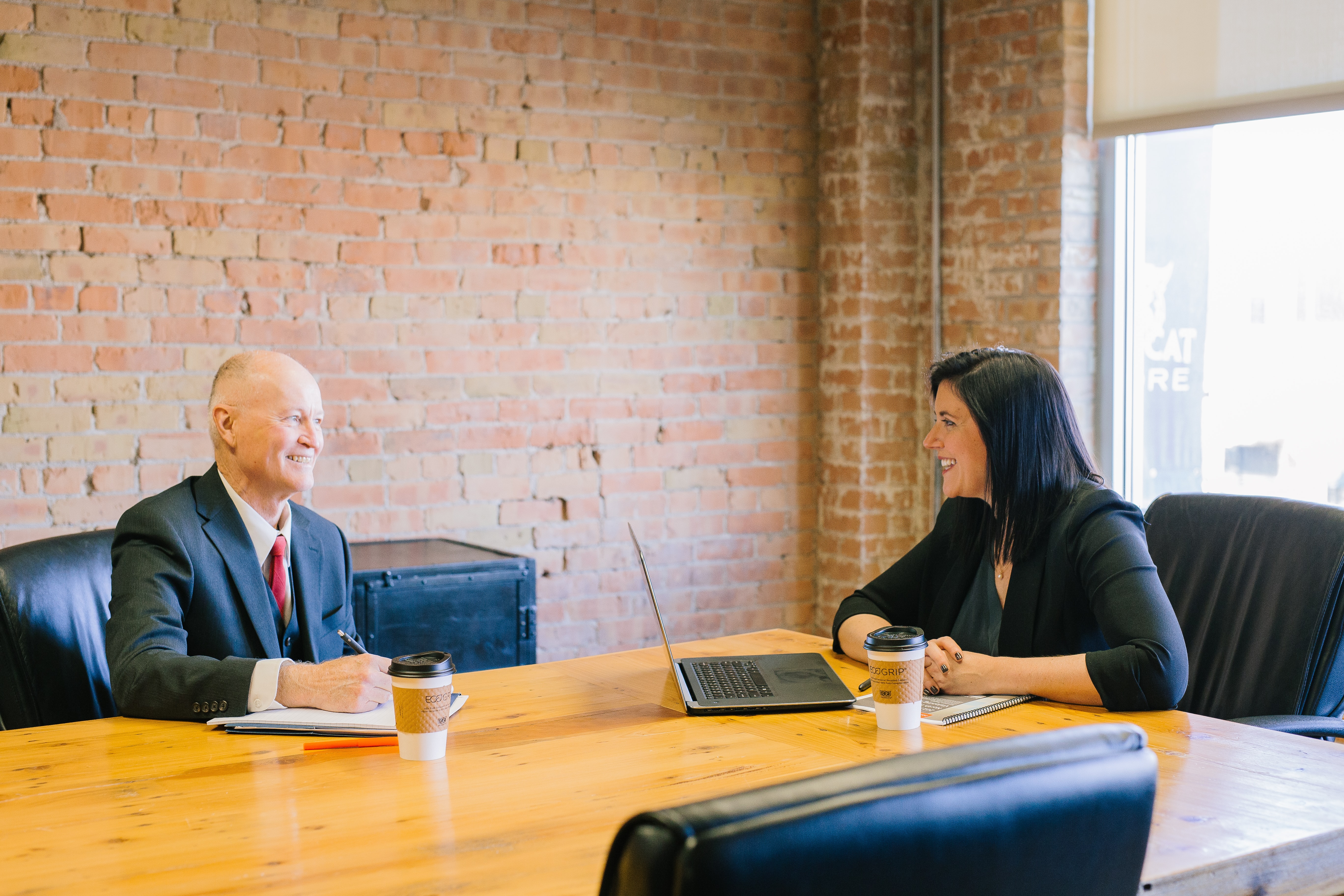Deadlines and requirements drive the bankruptcy process, and you don’t want to jeopardize your chances of a successful outcome by making a mistake. If you are thinking about filing for personal bankruptcy, your best option is to speak with a bankruptcy attorney. An attorney can help you navigate the available options and make the best decision based on your goals – such as getting out of debt, keeping your home or cars, or getting a fresh start.
![]()
![]() You may wonder what an initial consultation will involve – here is some of the information you will be expected to share.
You may wonder what an initial consultation will involve – here is some of the information you will be expected to share.
Relevant Background Information: Your attorney must understand how you arrived in their office. In other words, are your financial woes caused by divorce, a medical emergency, or job loss? Any background on your unique situation will help them to provide the needed assistance.
Bankruptcy History: Some situations allow for multiple bankruptcy filings, but your attorney will need to understand if you have filed in the past – and what the circumstances were.
Income Sources: The court will require disclosure of all sources of income, not just your primary employment. Therefore, you will need to share documentation of any investments, child support or alimony, and any other income source that may affect the type of bankruptcy you qualify for.
Accounting of All Debt: Just as all income must be accounted for, so must all debt. Depending on your situation, this may include credit cards, medical expenses, student loans, or personal loans. You will need to share the name of each creditor, as well as monthly payment amounts and the total balance owed.
Asset Value: Your assets include bank and investment accounts, home equity, vehicles, heirlooms, art, jewelry, or other possessions that hold monetary value. Your attorney will assess this information to advise as to your best bankruptcy option.
Foreclosure Risk: Foreclosure allows a lender to legally recover the balance of a loan from someone who is no longer making payments.
Most frequently, the foreclosure process begins after a borrower has missed several installments and is not responding to payment demands. The lender may initiate a lawsuit if the borrower refuses to cure the default. If the lender prevails in court, they will be granted the right to sell the property to recover the loan balance. Tell your bankruptcy attorney if foreclosure is a concern, as they may help you avoid the process.
Pending Creditor Lawsuits: Similarly, creditors may sue an individual for failing to make payments. Debt default typically means a borrower cannot make payments for 90 days. Borrowers may have the opportunity to negotiate with the creditor to establish a repayment plan. However, if a borrower is sued and loses in court, the creditor may have the right to garnish wages or levy a bank account.
Filing for bankruptcy is not a decision to be taken lightly, and it will affect your life for years to come. If you are considering filing, it is essential to hire an experienced bankruptcy attorney who can lead you through the legal process and ensure that all necessary and relevant information is disclosed to the court.
Richard V. Ellis is a bankruptcy and family law attorney based in Sarasota. He and his team have provided expert advice to hundreds of area residents looking for a fresh start – call today to learn more about how we can help you navigate your situation.





